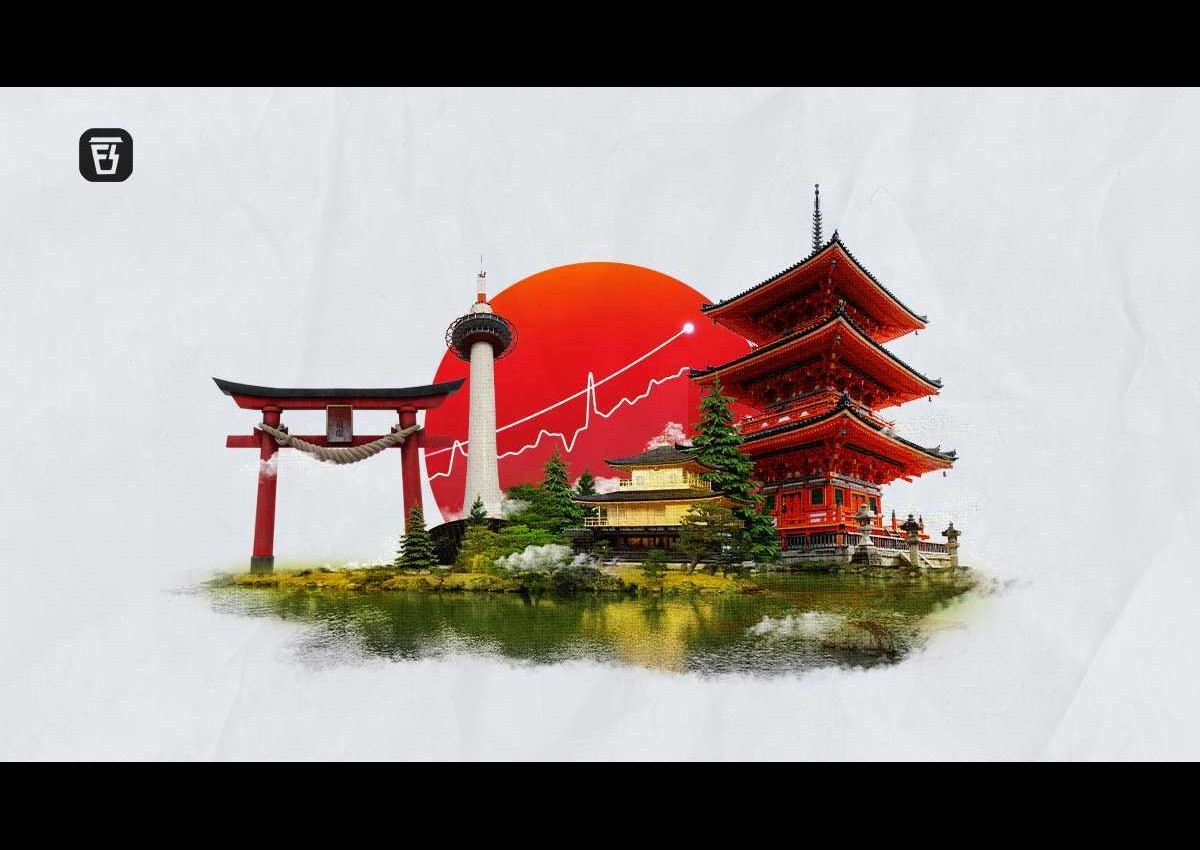31 Mar
20 Essential Japanese Phrases for Travelers to Japan
Title: Mastering Basic Japanese: 20 Essential Phrases for Travelers to Japan
Introduction:
As you embark on your journey to Japan, equipping yourself with a few essential Japanese phrases can enhance your travel experience, foster meaningful interactions with locals, and navigate daily situations more smoothly. While English is widely spoken in tourist areas and major cities, making an effort to communicate in Japanese can be greatly appreciated and help you connect with the culture on a deeper level. In this comprehensive guide, we'll provide you with 20 essential Japanese phrases that will empower you to navigate Japan with confidence and courtesy.
1. **Konnichiwa (こんにちは): Hello**
Start your conversations on the right foot with a warm and friendly greeting by saying "Konnichiwa," which means "hello" in Japanese.
2. **Arigatou gozaimasu (ありがとうございます): Thank you**
Express gratitude and appreciation by saying "Arigatou gozaimasu" whenever someone helps you or provides a service.
3. **Sumimasen (すみません): Excuse me / I'm sorry**
Use "Sumimasen" to get someone's attention politely, ask for assistance, or apologize for any inconvenience.
4. **Eigo ga wakarimasu ka? (英語がわかりますか?): Do you speak English?**
If you're in need of assistance and unsure if the person understands English, you can ask "Eigo ga wakarimasu ka?"
5. **Doko desu ka? (どこですか?): Where is...?**
When seeking directions or locations, use "Doko desu ka?" followed by the place you're looking for, such as a train station or a restaurant.
6. **Oishii desu (おいしいです): It's delicious**
Show your appreciation for the delicious Japanese cuisine by saying "Oishii desu" after enjoying a meal.
7. **Ikura desu ka? (いくらですか?): How much is it?**
When shopping or dining out, inquire about the price by asking "Ikura desu ka?"
8. **Ohayou gozaimasu (おはようございます): Good morning**
Greet people in the morning with "Ohayou gozaimasu" to start the day on a positive note.
9. **Konbanwa (こんばんは): Good evening**
Transition into the evening hours with a friendly "Konbanwa" when greeting someone after sunset.
10. **Gomen nasai (ごめんなさい): I'm sorry**
Offer a sincere apology by saying "Gomen nasai" if you accidentally bump into someone or make a mistake.
11. **Ogenki desu ka? (おげんきですか?): How are you?**
Show concern for someone's well-being by asking "Ogenki desu ka?" to inquire about their health or mood.
12. **Toire wa doko desu ka? (トイレはどこですか?): Where is the restroom?**
When nature calls, use "Toire wa doko desu ka?" to ask for the location of the nearest restroom.
13. **Wakarimasen (わかりません): I don't understand**
If you're having trouble understanding something, politely say "Wakarimasen" to indicate that you don't understand.
14. **Eki wa doko desu ka? (駅はどこですか?): Where is the train station?**
When navigating public transportation, use "Eki wa doko desu ka?" to ask for directions to the train station.
15. **Hai (はい): Yes**
Respond affirmatively with "Hai" when answering questions or confirming requests.
16. **Iie (いいえ): No**
Politely decline or express disagreement by saying "Iie" when necessary.
17. **Ohayou (おはよう): Good morning (casual)**
Use the casual form "Ohayou" when greeting friends, family, or acquaintances in the morning.
18. **Tasukete kudasai (たすけてください): Help me, please**
In case of emergencies or when you need assistance, use "Tasukete kudasai" to ask for help.
19. **Daijoubu desu (だいじょうぶです): It's okay / I'm okay**
Reassure others or reassure yourself by saying "Daijoubu desu" to indicate that everything is fine.
20. **Sayounara (さようなら): Goodbye**
Bid farewell with "Sayounara" when parting ways with someone, whether temporarily or permanently.
Conclusion:
Mastering these 20 essential Japanese phrases will not only enhance your travel experience in Japan but also demonstrate your respect and appreciation for










